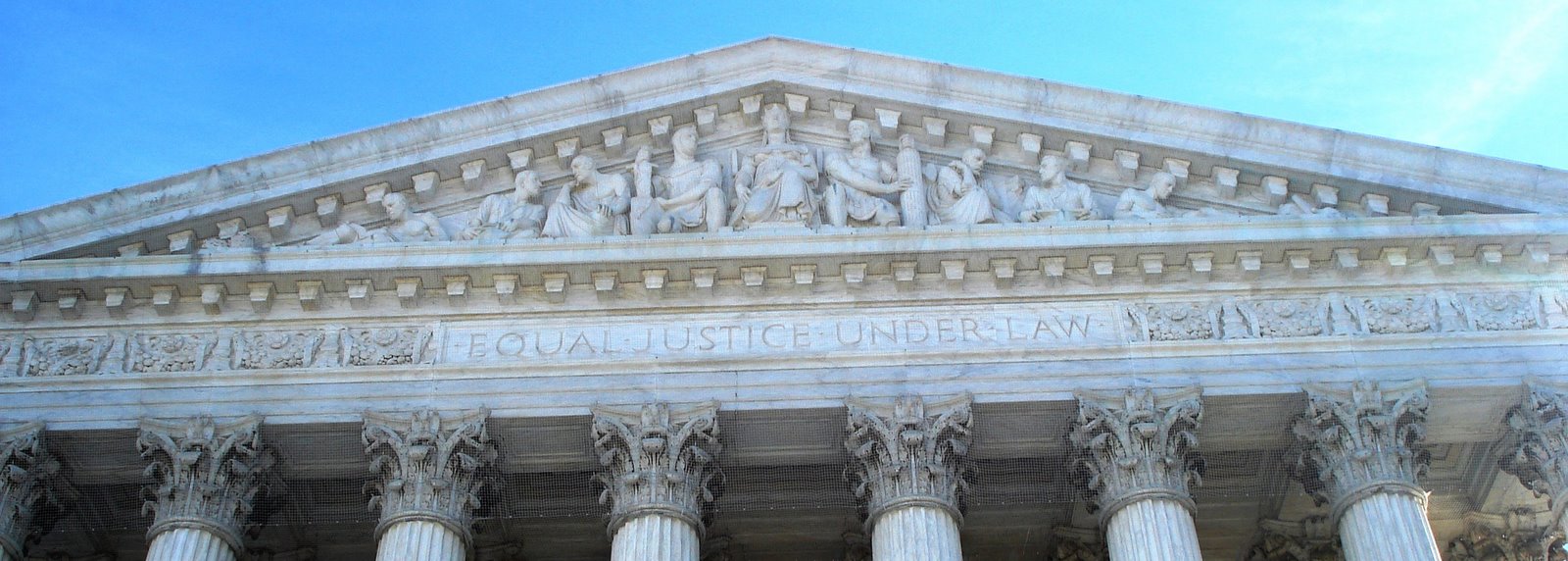Gov't urged to make 'foreign investment negative list' less 'negative'
MANILA, Philippines - The Joint Foreign Chambers in the Philippines (JFC) on Tuesday urged the Philippine government to review its Foreign Investment Negative List (FINL) to make it "less negative" for foreign investors.
In a joint statement, the JFC said the government should review the FINL to determine whether the existing restrictions are in the national interest.
Last week, the government released the 9th Regular FINL, which lists business activities in the Philippines that are now allowed for foreign investors. The next FINL is due in 2014.
"Year after year, government departments passively apply the same legal restrictions and add new ones when Congress creates them. A review is overdue. This could be done by an inter-agency team instructed to review various restrictions on foreign equity investment in the participation in the Philippine economy of foreign equity, taking into consideration whether restrictions impede investment, job creation, and competitiveness," it said.
The JFC noted that the Philippine economy remains more closed to foreign investments compared to its Southeast Asian neighbors.
It cited the World Bank's Investing Across Borders 2010 report, which showed the Philippines and Thailand have some of the strictest foreign equity rules among the 87 countries surveyed.
Constitutional restrictions on foreign capital and foreign professionals are difficult to change, the JFC acknowledged.
"Restrictions in legislation and/or in interpretations of what should or should not be in the FINL should be easier to liberalize. Restrictions are scattered through various laws, some quite old, and most have rarely been reviewed to determine whether they remain in the national interest, especially whether they stand in the way of creating jobs," it added.
One of the changes to the FINL being advocated by the JFC is the removal of the restrictions on practice of all professions.
Also, with the ASEAN Economic Community, the JFC says there may be more pressure on the Philippines to lower barriers to cross-border investments in priority sectors. It added the Philippines may have more difficulty when it negotiates for advanced free trade agreements with the European Union and other countries.
Foreign direct investments in the Philippines remain low, which could be partly attributed to a "Negative List that is too negative."
The JFC expressed hope the government would make changes to the next FINL.
"Throughout 2012 we have been encouraged by consistent reports of manufacturing firms of several nationalities relocating from China, Japan, and Thailand because of rising costs, floods, and political risks. Vietnam, Indonesia, and the Philippines – the so-called VIP economies – are being considered by these firms for new and expansion manufacturing investments," the JFC said.
"The Philippine Government can build on the growing optimism about improved opportunities to invest in the Philippines by making a serious effort to make the Negative List less negative."
The JFC is composed of the American Chamber of Commerce of the Philippines, Australian-New Zealand Chamber of Commerce of the Philippines, Canadian Chamber of Commerce, European Chamber of Commerce of the Philippines, Japanese Chamber of Commerce and Industry of the Philippines, Korean Chamber of Commerce of the Philippines, and Philippine Association of Multinational Regional Headquarters. ABS-CBNnews
skip to main |
skip to sidebar



FILIPPIJNSE RECHTSHULP Philippine Legal Advice Information and Networking SOLUTIONS

PLAIN Solutions Advocate

- SUI GENERIS
- The Hague, Netherlands
- PB Payoyo LL.M., Ph.D. [Member, The Philippines-Netherlands Business Council, The Hague; Country Expert, Royal Tropical Institute, Intercultural Professionals (KIT IMC Bv), Amsterdam]